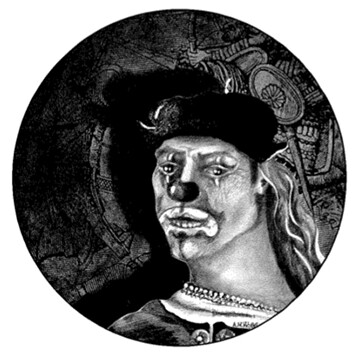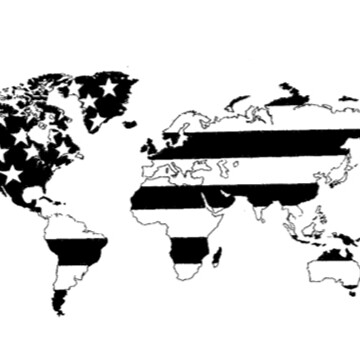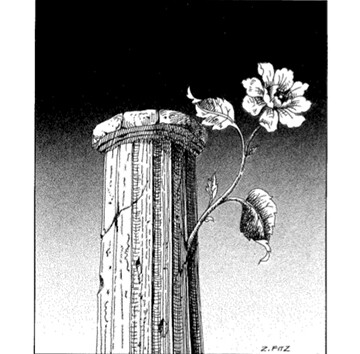From the October 1986 issue of Chronicles. “The obscurest epoch is today.” —Robert Louis Stevenson Taken together, these three books serve nicely as a kind of group portrait of Clio and her several faces. In reverse order we have the historian as diarist and memoirist, as documentarian, and as reflective sage. As one of the...
Author: Robert Nisbet (Robert Nisbet)
The Present Age and the State of Community
From the June 1988 issue of Chronicles. The Present Age begins with the First World War, the Great War as it is deservedly still known. No war ever began more jubilantly, among all classes and generations, the last including the young generation that had to fight it. It is said that when Viscount Grey, British...
Our Stumbling Giant
Whatever the number of pluses in the portrait of Reagan that is beginning to take shape in the final months of his two-term presidency, there will be minuses also, and most of these will stem from his conduct of foreign policy and national defense. At first thought, this is almost bizarre. Wasn’t Reagan the leader...
The Present Age and the State of Community
The Present Age begins with the First World War, the Great War as it is deservedly still known. No war ever began more jubilantly, among all classes and generations, the last including the young generation that had to fight it. It is said that when Viscount Grey, British Foreign Minister, uttered his epitaph of the...
Best Western Civ
“Sic omnia fatis in peius ruere ac retro sublapsa referre.” (All mortal things are subject to decay.) —Vergil This is a handsome book in all pertinent respects. It is stately of subject, nicely written, well-edited, and eye-winning in cover—especially the jacket. Roberts, a well-known British historian and university chancellor, has written the book, we are...
Faces of Clio
“The obscurest epoch is today.” —Robert Louis Stevenson Taken together, these three books serve nicely as a kind of group portrait of Clio and her several faces. In reverse order we have the historian as diarist and memoirist, as documentarian, and as reflective sage. As one of the learned species, historians, it has always seemed...
The Most Unbelievable Thing
The following is the text of Professor Nisbet’s speech at the 1985 Ingersoll Prizes Awards Banquet: One of Hans Christian Andersen’s lesser-known stories bears the title “The Most Unbelievable Thing.” A king offered a fortune to the subject who created the most unbelievable thing in the arts. Competition was intense and prolonged. When at last...





